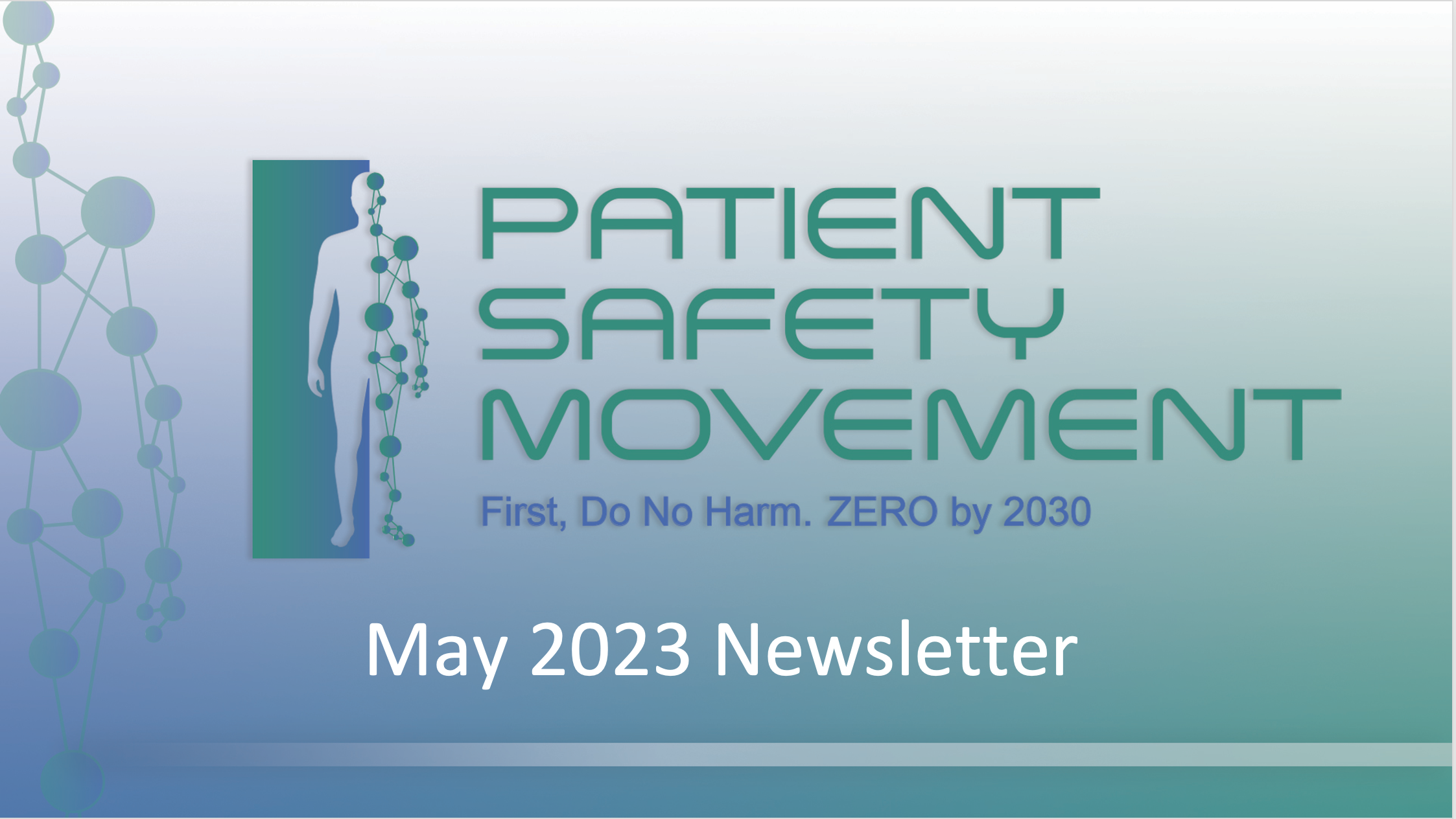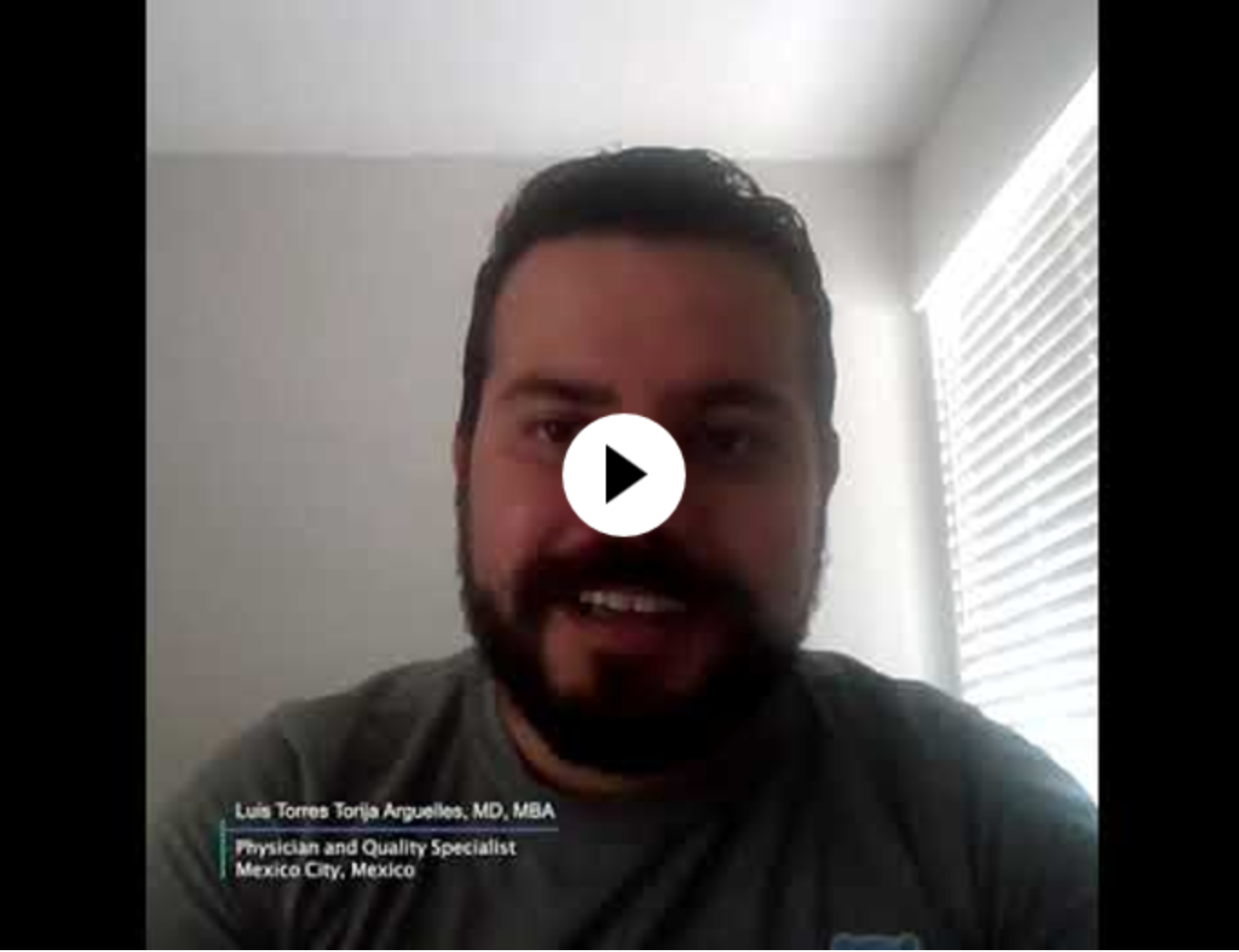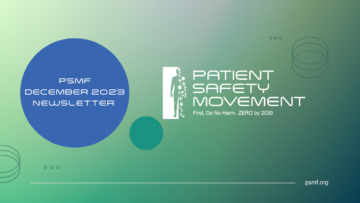The First Post-Covid In-Person
World Patient Safety, Science & Technology Summit
June 1-2, 2023 – Newport Beach, California
Please join us at the 10th Annual World Patient Safety, Science & Technology Summit. We have designed an incredible program featuring speakers that include President Bill Clinton, Joe Kiani MS, Dr. Peter Pronovost, Dr. Michelle Schreiber, Dr. Neelam Dhingra, Dr. Donald Berwick, and Dr. Jannicke Mellin-Olsen. To view the complete Summit program, visit https://psmf.org/wp-content/uploads/2023SummitProgramF.pdf
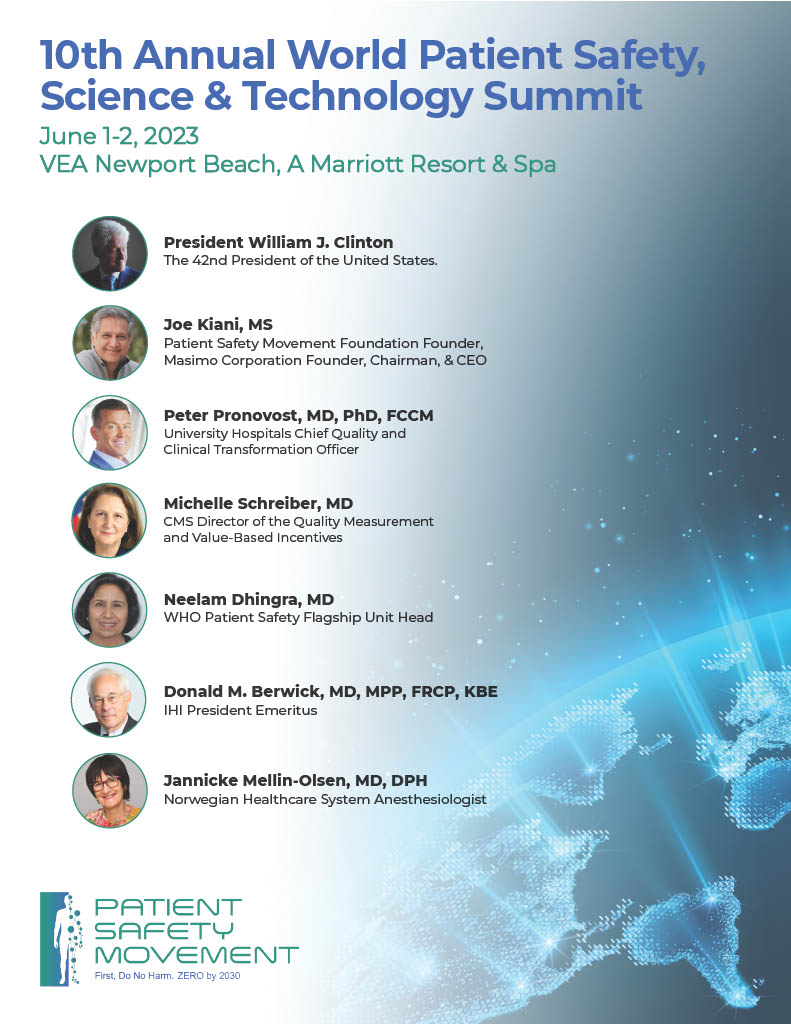
We would like to express our deepest gratitude to our generous sponsors for their invaluable support in making this year’s 10th Annual World Patient Safety, Science & Technology Summit possible. Thanks to their commitment, we have been able to bring together a diverse group of global leaders and experts to discuss the latest challenges and solutions in patient safety. Their contributions not only help us to renew our commitment to a culture of safety but to also foster global connections that will enable us to move the needle in eliminating preventable patient and healthcare worker harm.
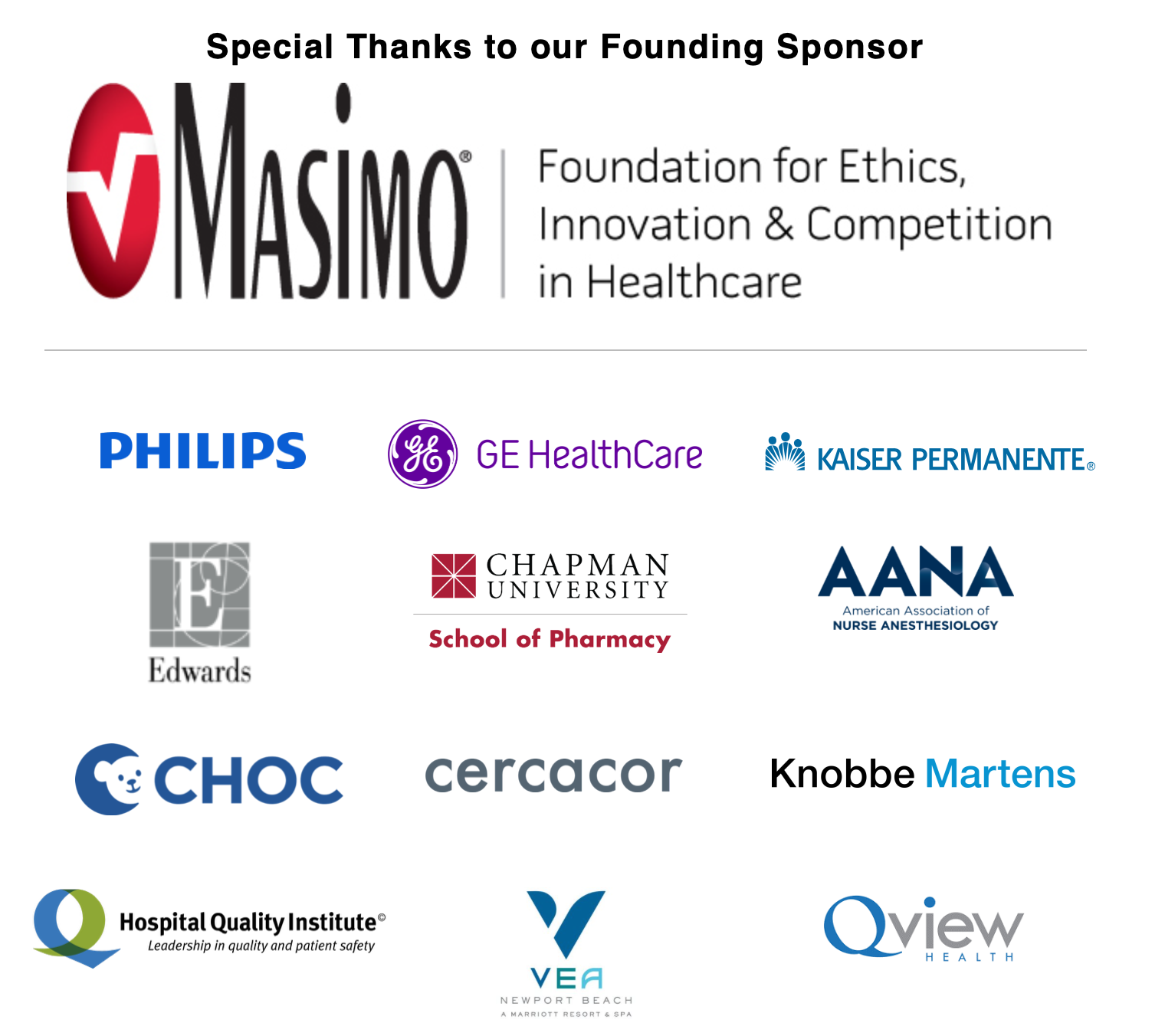
Letter from CEO

We are very excited to see many of you at our in-person Summit in a few weeks in beautiful Newport Beach, California. The Summit’s focus is on eliminating preventable harm for both patients and healthcare workers. Many of the world’s top authorities on patient safety are joining us, and it promises to be a transformative and unforgettable event.
This year is also our 10th anniversary, and we have some surprises planned for you. President Bill Clinton will be joining us again to share his wisdom. Without his strong support and encouragement over the years, we couldn’t have had the same level of impact. This year’s opening keynote will come from Don Berwick, the global pioneer in patient safety. A few incredible individuals will be getting our Humanitarian Award. We will also have a private showing of the documentary Bleed Out, and the film’s producer and director, Steve Burrows, will join us to share his mother’s battle to survive preventable medical errors.
Many organizations felt a significant setback caused by the Covid-19 pandemic, but I believe this Summit will be the perfect way to get back on course. I already feel the momentum being created by patients and patient families, patient safety organizations, healthcare facilities, industry and medical organizations, physicians and nurses, pharmacists, politicians, and even predictive analytics and artificial intelligence. The needle is moving in the right direction again, and together we can create a safer healthcare system with ZERO preventable harm. To quote our founder, Joe Kiani, from his speech at the World Health Organization’s Ministerial Summit on Global Patient Safety, “The only way to a safer healthcare system is to take action out of kindness.” See you soon!
In health,
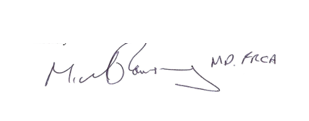
Michael A.E. Ramsay, MD, FRCA, Chief Executive Officer, PSMF
World Hand Hygiene Day: May 5, 2023
May 5 was World Hand Hygiene Day, an opportune time to revisit the primary goals of the CDC’s Clean Hands Count campaign to improve adherence to hand hygiene recommendations, dispel myths and misperceptions, and empower patients to play a role in their care.
Hospital-acquired infections have been on the rise since the pandemic in spite of the spotlight it put on the importance of hand hygiene. That would indicate that healthcare workers may be washing or desanitizing their hands less than they should. Clinicians typically should wash their hands about 100 times in a 12-hour shift (depending on the number of patients they see). Yet studies have found that nurses complied with handwashing procedures only 42% of the time and physicians only 38% of the time. It is paramount that healthcare workers continue to adhere to recommended practices to avoid transmission of dangerous pathogens.
According to the CDC:
- Alcohol-based hand sanitizer kills most of the bad germs that make you sick and is the preferred way to clean your hands in healthcare settings.
- Alcohol-based hand sanitizer does not kill difficile, a common healthcare-associated infection. Patients with C. difficile should wash their own hands with soap and water and make sure their healthcare providers always wear gloves when caring for them.
- Alcohol-based hand sanitizer is more effective and less drying than using soap and water, and it does not create antibiotic-resistant superbugs.
- Hand hygiene should be a topic of conversation between healthcare providers and patients.
- Patients and their visitors can protect themselves by cleaning their own hands often.
To learn more, visit the CDC’s Clean Hands Count for Safe Healthcare page.
Fellowship Spotlight
Dr. Luis Torres Torija Arguelles, a member of our first Fellowship cohort, is now an Ambassador for the Patient Safety Movement Foundation in Mexico, where he also works as a physician and Quality of Clinical Care specialist. In this spotlight video, Dr. Arguelles discusses the benefits of sharing knowledge and experiences with other Fellows, noting the value of interacting with professionals from different contexts and cultures to reduce the learning curve and to help develop solutions that can be adapted to one’s specific context. He also discusses the opportunities PSMF has given him post-Fellowship to continue to work toward improving patient safety.
Fellowship Application
The Global Interprofessional Patient Safety Fellowship application is now open. If you are interested in joining our 2024 cohort, please apply at https://psmf.org/fellowship-application/.
This program combines a year-long curriculum developed by patient safety experts in a variety of areas, taught via monthly live virtual classroom sessions, with a hands-on improvement project that explores and advances issues of patient safety in each Fellow’s respective professional environment.
Chairman’s Column
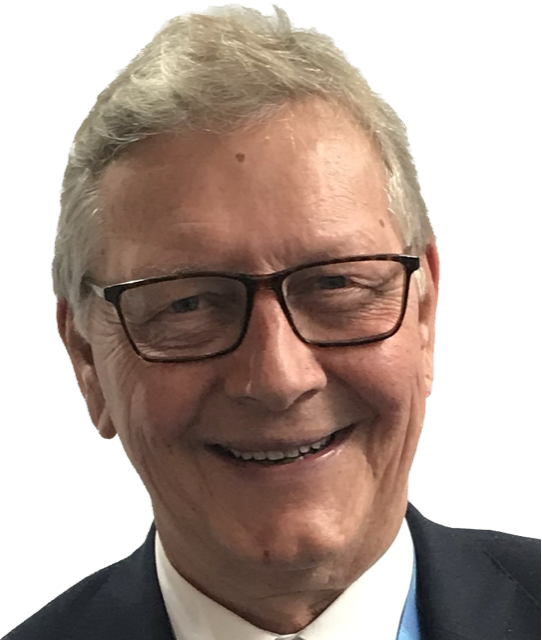
First, Do No Harm
As we prepare to meet at our 10th Annual World Patient Safety, Science & Technology Summit, in person for the first time in too many years, we are excited for the opportunity it brings to create new connections, reconnect old ones, and share interventions and innovations that will improve patient safety in every setting.
We have some new patient stories to share, and I guarantee that there will not be a dry eye in the room. The reality is that despite the continuing efforts by individuals, organizations, the whole breadth of civil society and national governments, we are not sufficiently reducing the numbers of avoidable deaths and harms in healthcare. This awareness and acceptance are essential steps in creating change. These patient stories also remind us of the significant role patients and their families and caregivers play in creating a safer healthcare system.
In the last two decades, we have seen well-meaning and well-informed national and international campaigns, the incredible growth in evidence-based interventions to reduce avoidable harm, and the commitments of governments and politicians to support the ongoing reduction in deaths and harm. We have also seen the agreement by the World Health Assembly that patient safety is a global priority, the support for a Global Patient Safety Collaborative for low- and middle-income countries, and the development of a Global Patient Safety Action Plan. I believe once we have more transparency and accurate data on the number of errors, all of our work to date will enable us to turn the corner on meaningfully improving our healthcare system.
For far too long, we have paid lip service to patient-centered care and codesign of health services; we have to be honest in saying that most of our service delivery models are based on the needs of our healthcare professionals rather than the needs of our patients and their families. The Patient Safety Movement Foundation has always placed the patient and their family or caregiver at the center of our solutions, and we will continue to do so as we play our own part in seeking solutions that will help all our patients and healthcare professionals in every setting, organization, or country across the world.
I look forward to seeing all of you on June 1-2 so that we can continue to work as we have done for this last decade to eliminate preventable patient harm around the world.
Yours,

Mike Durkin, OBE, MBBS, FRCA, FRCP, DSC
Innovation Corner
Reducing Complications in Patients Through Improved Airway Management Devices
Airway management doesn’t end once an artificial airway is placed, as breathing tubes can act as a path for infectious agents to enter the lower airways. This is why the leading risk factor for pneumonia (post-operative, ventilator-associated, and aspiration pneumonia) is the presence of a breathing tube. Subglottic drainage of the human airway is recommended by the CDC, AHRQ, ATS, SHEA, APIC, IDSA, AACN, and many other scientific associations, because numerous meta-analysis and randomized control trials show it reduces time on mechanical ventilation, pneumonia incidence, antibiotic needs, and mortality in long-term ventilated patients.
The NEVAP Aspire Subglottic Suction Endotracheal Tube (ASSET) is the only subglottic breathing tube designed with a tissue spacer and multiple ports to prevent tissue blockage. This design results in significantly better airway drainage and the ability to apply this infection prevention strategy in the ICU, OR, and ED.
*Patient Safety Movement Foundation does not endorse any specific commercial products or services. They are included here merely for informational purposes.
In the News
- The release of the Leapfrog Hospital Safety Grades for spring 2023 resulted in news stories around the country that reported the patient safety grades various local hospitals received.
- An article from the American Medical Association revealed how one medical school program is addressing the gap in physician training on how to identify medical errors and then disclose them to supervisors and patients.
- More than 500 nurses rallied at the California state capitol to urge passage of legislative bills that would address the current nursing shortage and provide safer nurse to patient ratios, as reported by CBS 13 Sacramento.
- Numerous news outlets and healthcare and government websites drew national attention to Fentanyl Awareness Day on May 9.
- The bipartisan Home Dialysis Risk Prevention Act has been introduced in Congress to ensure patients undergoing home dialysis have access to devices to notify patients and caregivers of venous needle dislodgement (VND), as reported by the National Kidney Foundation.
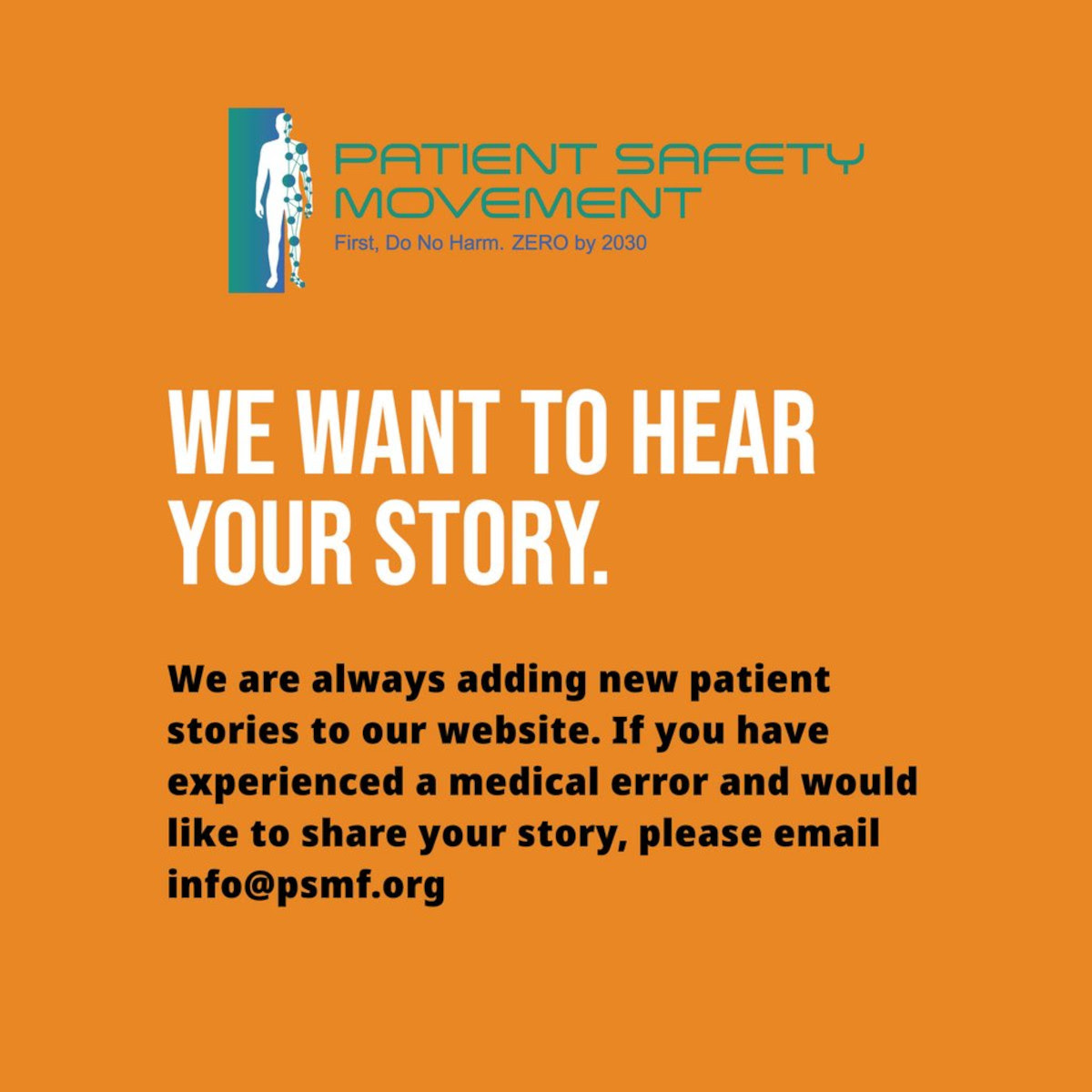
DONOR TESTIMONIALS — WHY I GIVE

GOVERNANCE BOARD
Mike Durkin, OBE, MBBS, FRCA, FRCP, DSC, Chairman of PSMF, Senior advisor on Patient Safety Policy and Leadership, Institute of Global Health Innovation, Imperial College London
Steven J. Barker, PhD, MD, Chief Science Officer, Masimo Corporation, Professor Emeritus of Anesthesiology, University of Arizona Health Sciences
Robin Betts, RN, CPHQ, MBA-HA, Vice Chair, PSMF, Vice President, Safety Quality & Regulatory Services, Kaiser Foundation Hospitals and Health Plan, Kaiser Permanente Northern California
Alicia Cole, Patient Safety Consultant
Javier T. Davila, MD, MFS, Ambassador, PSMF in Mexico, Former Medical Director, Mexican Social Security Institute, Head of Medical Education, Research and Health Public Policy
Omar Ishrak, PhD, Executive Chairman and Chairman of the Board of Directors, Medtronic, Chairman of the Board of Directors, Intel
Philip D. Lumb, MB, BS, MD, MCCM, FCCP, Professor of Anesthesiology and Trauma Surgery, Keck School of Medicine at University of Southern California
Joe Kiani, Founder and Immediate Past Chairman of PSMF, Founder, Chairman & CEO of Masimo
Sarah Kiani, Director, Masimo Foundation for Ethics, Innovation, and Competition
David B. Mayer, MD, Executive Director, MedStar Institute for Quality and Safety
Jannicke Mellin-Olsen, MD, DPH, Past President, World Federation of Societies of Anesthesiologists
Jim Messina, CEO, The Messina Group
Najmedin Meshkati, Ph.D, MS, Professor of Civil/Environmental Engineering, University of Southern California
Charlie Miceli, CPM, Treasurer, PSMF, Chief Supply Chain Officer, Network VP of University of Vermont Health Network
Michael A.E. Ramsay, MD, FRCA, Chief Executive Officer, PSMF
Abbasseh Towfigh, MPD, Executive Director and Secretary, Ayeneh Foundation
Vonda Vaden Bates, Patient Advocate, CEO, 10th Dot
OUR STORY
 In 2012, Joe Kiani founded the nonprofit Patient Safety Movement Foundation (PSMF) to eliminate preventable medical errors in hospitals. His team worked with patient safety experts from around the world to create Actionable Evidence-Based Practices (AEBP) that address the top challenges. The AEBP is available without charge to hospitals online.
In 2012, Joe Kiani founded the nonprofit Patient Safety Movement Foundation (PSMF) to eliminate preventable medical errors in hospitals. His team worked with patient safety experts from around the world to create Actionable Evidence-Based Practices (AEBP) that address the top challenges. The AEBP is available without charge to hospitals online.
Hospitals are encouraged to make a formal commitment to ZERO preventable deaths, and healthcare technology companies are asked to sign the Open Data Pledge to share their data so that predictive algorithms that can identify errors before they become fatal can be developed. The Foundation’s annual World Patient Safety, Science & Technology Summit brings together all stakeholders, including patients, healthcare providers, medical technology companies, government employers, and private payers. The PSMF was established through the support of the Masimo Foundation for Ethics, Innovation, and Competition in Healthcare. For more information, please visit psmf.org.

